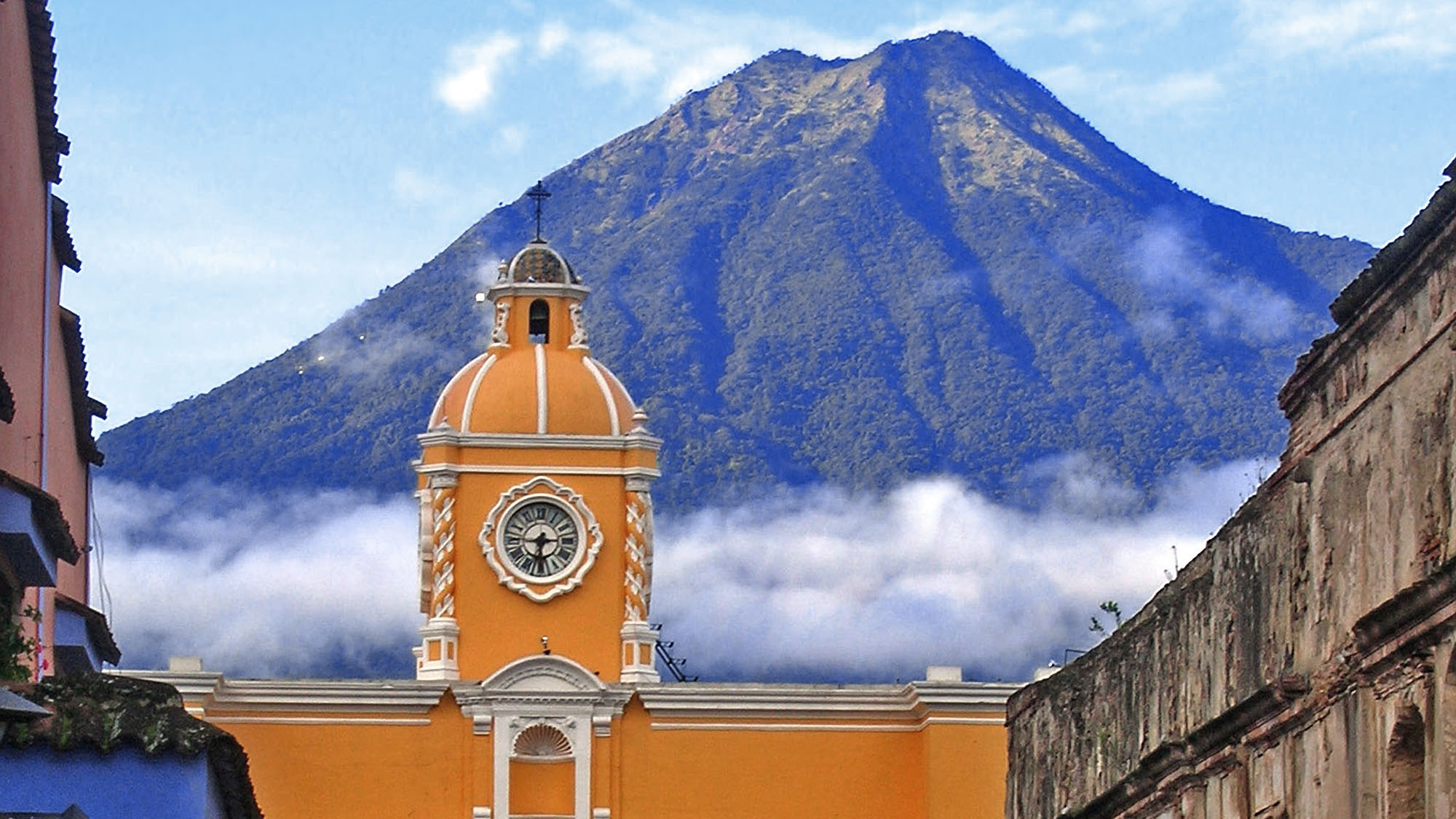

COMMENT: Spring 2013
By Harley Shaiken | Introducing the Spring 2013 edition of the Berkeley Review of Latin American Studies.

GUATEMALA: Bending the Arc of History
By Beatriz Manz | Chronicling the author's history with Guatemala and the experience of testifying against former dictator Efraín Ríos Montt in the recent genocide trial.

GUATEMALA: Remembering the Past, Looking to the Future
By Beatriz Manz| Presenting some of the photos from 1980s Mexico and Guatemala that the author was unable to submit as evidence in the Ríos Montt trial due to procedural issues.

GUATEMALA: The Firm Hand Loses Its Grip
By Anthony Fontes | Watching the Ríos Montt genocide trial unfold in a country deeply ambivalent about both its past and its present, Anthony Fontes provides a glimpse of the complexities of modern Guatemala.

VENEZUELA: ¿Un Maduro Más Duro? Venezuela After Chávez
By Javier Corrales | Analyzing the factors that may influence how new Venezuelan President Nicolás Maduro chooses to act in his changed role.

BRAZIL: No More Angel Babies on the Alto
By Nancy Scheper-Hughes | Remembering her early days in 1960s Timbauba, Brazil, the author describes the rapid decline in infant and child mortality that has taken place in the last 20 years.

JOURNALISM: A New Vision for Univision
By Steve Fisher | Describing the work of Isaac Lee, the new president of news at Univision, and his efforts to expand both the network’s news coverage and its audience.

FILM: A Melting Pot Boils Over
By Erica Hellerstein | Reviewing “Shenandoah,” a documentary that takes viewers into the heart of a small town reeling from the beating death of an undocumented immigrant by high-school football players.

PHOTOGRAPHY: Shenandoah
Photography by David Turnley | Documenting the town of Shenandoah, Pennsylvania, which was rocked by the murder of a migrant by local teenagers.

CHINA AND LATIN AMERICA: Problems or Possibilities?
By Julie Klinger | Acknowledging that China and Latin America have grown closer in recent years, but their relationship is complicated by mismatched strategic goals.

SOCIAL POLICY: Weaving a Stronger Safety Net
By Wendy Hunter | Springing up around Latin America, conditional cash transfer programs and non-contributory pension schemes have expanded significantly in the last decade. Professor Wendy Hunter lays out some of the ways these programs may be changing society.

HEALTHCARE: Health and Justice in High-Conflict Areas
Author withheld | Arguing that an integrated health strategy is needed, Dr. Paul Wise works to save the lives of children growing up in war-torn regions.

DEMOCRACY: The Economic Roots of Unstable Regimes
By Belén Fernández Milmanda | Democratizing and its success — or lack thereof — in Latin America has its roots in the type of party that was at the helm during the implementation of 1990s-era neoliberal policies, argues Professor Kenneth Roberts.

DEMOCRACY: Building a Better Citizen
By Oscar Oszlak (with Ingrid Baumann) | Investigating the attitudes toward democracy held by different groups in Argentina.

WATER: Clean, Reliable, and/or Affordable
By Asavari Devadiga | Delving into the ambiguous outcomes of two 1990s-era reforms in the provision of water and sanitation services: decentralization and institutional insulation from politics, with Professor Alison Post.

WATER: Powering Rural Development
By Jess Joan Goddard | Describing the non-profit blueEnergy's efforts to bring electricity and clean water to remote communities on Nicaragua’s Caribbean coast with co-founder Mathias Craig.

WATER: Flow, Interrupted
By John Erickson | Facing up to the many challenges for Latin American cities as they try to provide a clean and consistent supply of water.

RESEARCH: Tilling the Rare Earths
By Julie Klinger | Arguing that recycling rare earths is a better policy than mining for them in remote and ecologically sensitive areas.

LITERATURE: Maya's Notebook
By James G. Lamb | Discussing the novel Maya's Notebook with its author Isabel Allende.

IMMIGRATION: Reheating a Cold Enchilada
By Lawrence Downes | Looking at the current state of immigration policy and politics with The New York Times' Lawrence Downes.
